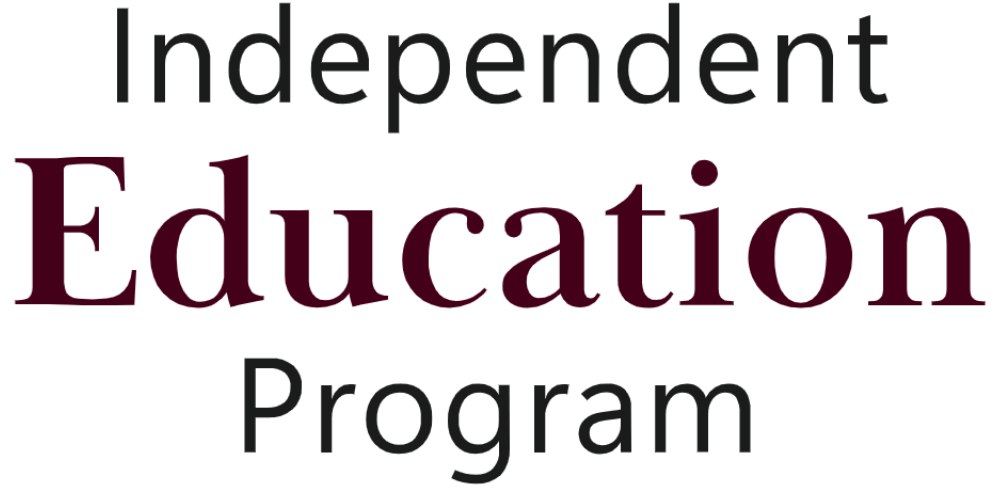Leadership & Entrepreneurship
This course is designed to give students leadership and business knowledge to create and run their own for-profit or not-for-profit business. Students learn how to find a need in their community, create a business plan, market and sell their idea, and have a good handle on their financials.
As a part of the course, students will engage in leadership games, class discussions, interview entrepreneurs, give class presentations, create and execute their business plan, and present their business to a panel of entrepreneurs. We want students to feel confident that they can create and launch their own ideas that make a positive difference in the world.
Class Curriculum and Structure
During the year, students will create and launch their own business. To do this, they will construct a business plan in a business categories. This allows them to research and flesh out different types of businesses so they can better pick the one they enjoy the most.
In each class, students start by sharing a highlight and failure from the past week. Sharing a failure is key to building a resilient attitude towards mistakes and missed opportunities. At first, students are self-conscious but week after week, they freely share, if not enthusiastically share their mishaps, and report on the lessons learned. These lessons are crucial to student’s success, which is why each class spends a good amount of time troubleshooting to make sense of mistakes and to find the hidden value of failures.
The rest of the class goes as follows: we engage in leadership games or exercises that are high on fun and deep on meaning. We debrief each of these games or activities as a class and students apply what they have learned to their business plan. Students then report on their homework, including money earned or service hours gained (as applicable for certain not-for-profit businesses). Time is then available for a class discussion on the homework material, including students sharing their homework results. The students then engage in an additional activity to further reinforce the lesson material and class ends with each student submitting their homework commitment for the week.
Homework includes a mix of theory and practicum. For theory, students view or read lesson modules and complete activities that will help them work on their business. For the practicum, they will physically work in their business, fulfilling orders, engaging in sales or marketing activities, or following up with customers. Weekly homework takes between 1-2 hours to complete.
During the school year, students will participate in three class presentations:
-
Case Study: Students interview an entrepreneur in their community on how they become a successful business owner and present their findings to the class.
-
Business Topic: Students select and research a business topic of their choice, and put together a presentation to educate the class.
-
Visual Business Plan: Students take their chosen business plan, summarize it into a short slide show, and give the presentation to a panel of entrepreneurs who will provide them with feedback.
As students move through the curriculum, they develop a deep level of confidence for taking challenges head-on and doing hard things. Armed with emotional resilience skills, they will be able to push through the sting of failure and learn important lessons from their mistakes. Although not every student will want to create and run a business long-term, the principles learned from this class will help them be more effective leaders of themselves, their home, their church, their community, and even the world.
Core Skills
By the end of the school year, students will be able to do the following:
-
Conduct market research to find real needs in the market
-
Craft a compelling sales pitch
-
Execute an effective marketing campaign
-
Calculate their financials to ensure their idea can be profitable
Key Principles
Students will master the concepts of leadership and entrepreneurship:
-
Keys to celebrate failure and become rejection-proof
-
Set and effectively accomplish goals
-
Learn the difference between ownership and victim mindset
-
How money works
-
Exercises for mental and emotional resilience
Intermediate Year
Intermediate students will delve deeper into the concepts of the beginning year. We go into depth on the following topics:
-
Marketing - websites, joint venture relationships, copywriting
-
Sales - improved sales scripts, role plays
-
Network - networking skills in different situations
-
Money - more focus on creating and running more advanced financial reports
-
Investments - students will deliver an investment pitch to an entrepreneur panel (similar to Shark Tank)
